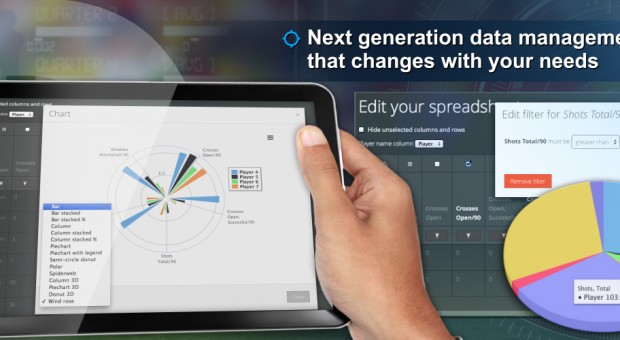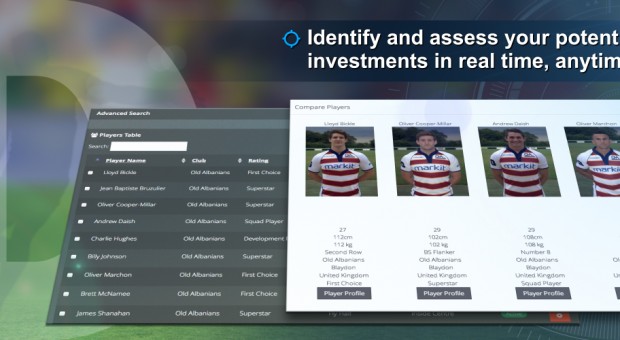
Scottish Qualified programme to partner ground-breaking Elite Talent ID technology
Scottish Rugby’s Scottish Qualified (SQ) Programme today announced a new partnership with performance-tracking database, Elite Talent ID (ETID).
Scottish Rugby have adopted ETID to centralise the work of the SQ programme, launched in October, to give an unprecedented ability to accurately track players, support confident talent identification and ensure the best possible information is available for more informed decisions.
The software will allow staff to track accurately the performances of identified players for further levels of analysis to improve decision making on talent identification and performance tracking.
Scottish Rugby’s Talent ID Manager, Grant McKelvey, explained that the use of the technology is a continuation of the programme’s endeavours to apply innovative technological developments to advance their best practices and improve elements of their programmes.
McKelvey said: “One of our priorities was to secure a central player-performance reporting system for our SQ scouts and staff across the globe to support the expansion and growth of our SQ programme.
“ETID gives us the platform to report accurately and immediately on shared and consistent criteria that reflects the qualities of players we’re looking to identify and develop to play rugby for Scotland.
“It will allow us to provide objective data that will align and enhance our SQ staff’s expertise in identifying and developing players.”
Ross Hamilton, Director of ETID, added: “We’re delighted to have the Scottish Qualified programme join up with ETID.
“They have an outstanding programme in place already and we are very proud to be able to help drive that forward.
“The commitment to ETID’s platform will ensure its continued development into one of the best talent identification programmes in the world.”
He continued: “The SQ team were looking for a system to match their needs in a field where, until now, nothing existed, so we are very excited to show what ETID can do for the programme.
“It’s great to see the SQ programme on the forefront of adopting ETID as a technological solution and we are eager to see the continued success it brings them in the future.”
For more information go to www.elitetalentid.com follow us @EliteTalentID or on LinkedIn.





December 15, 2017